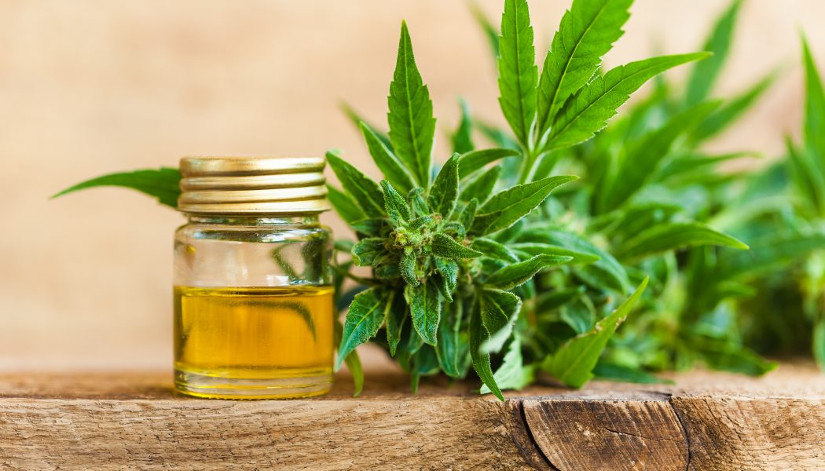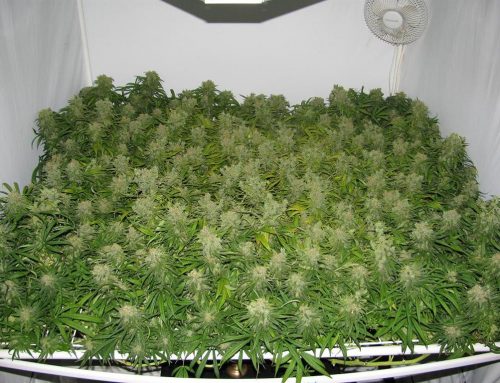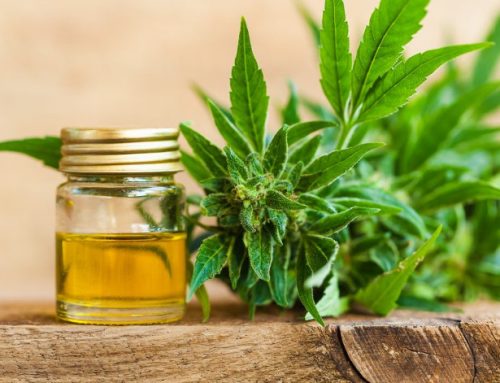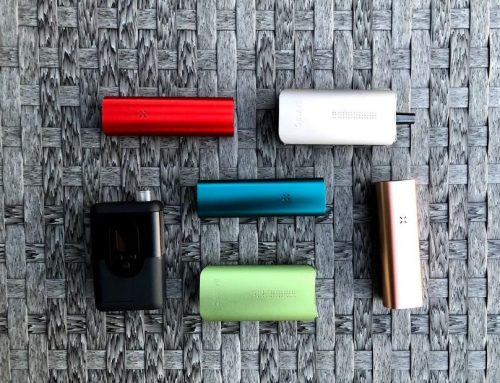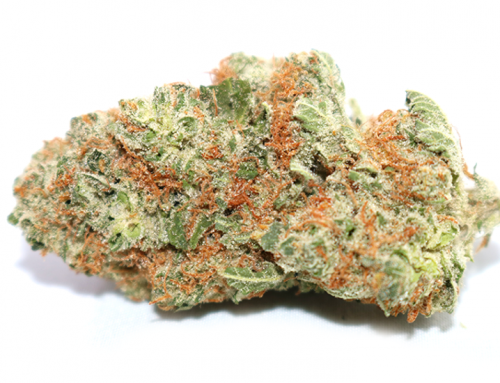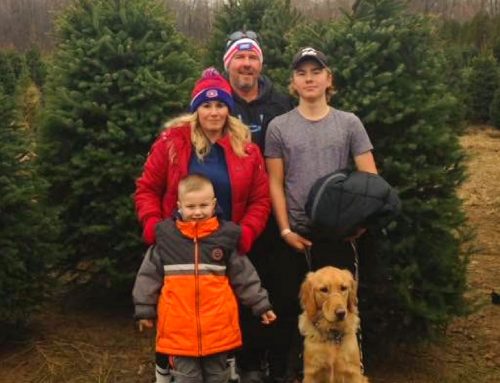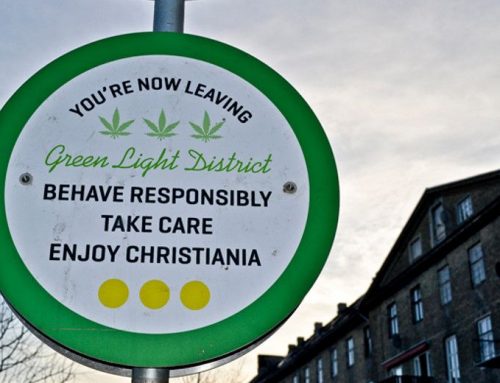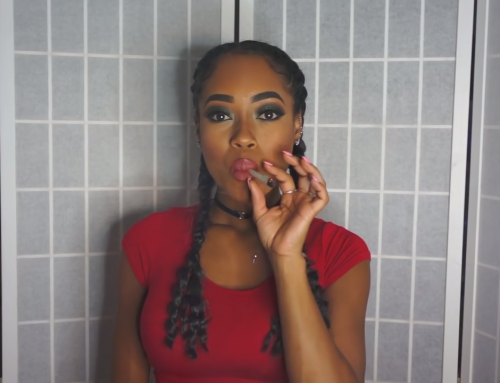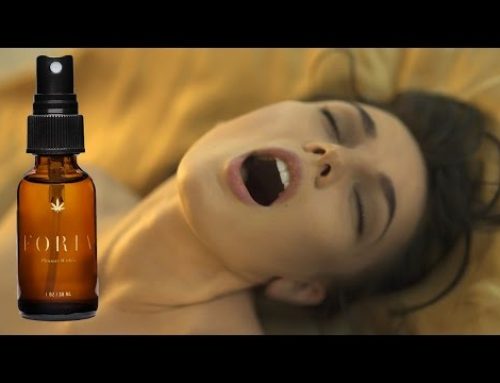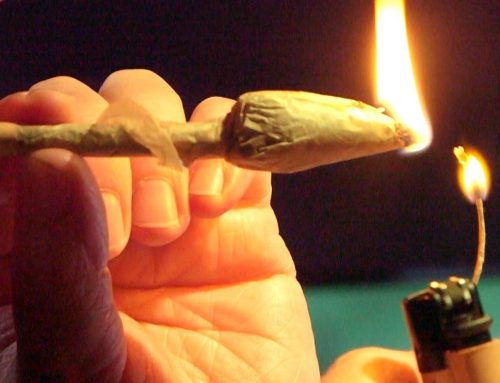Over the past few years, Cannabidiol (CBD) has become all the rage. Thanks to the vast amount of medicinal benefits created by the cannabinoid, people have been trying it in droves. For most people, they claim that it’s a miracle drug. However, a small sub-sect of people claim that CBD does little to nothing for them. Does this sound like you? Then you won’t want to miss seeing these four reasons that CBD might not be working for you.
#1 Not Vetting CBD Companies
If you don’t see any benefits, the first thing you need to do is verify that your CBD oil is, in fact what it says it is. One of the biggest plagues on the market right now are companies advertising their products as CBD when they have little to no CBD in them.
Unfortunately, it’s easy for them to get away with it thanks to the deregulated market they are operating in. Until the FDA steps in and begins to introduce regulation, we have to trust our health in the hands of these companies and do our own research.
This may sound scary, but there are more than enough proactive CBD brands that will gladly share their 3rd party lab test results with you. Most reputable companies will have these results front and if they struggle to get them to you promptly, or can’t provide any testing results at all, then move on to the next company.
#2 Improper Dosage
If you took the time to vet your CBD oil company, and you still aren’t seeing the results you want, then the next place to troubleshoot is the dosage you are taking. Thanks to the nonsensical prohibition of cannabis, we find ourselves without much guidance from medical professionals on what our daily dose of CBD should be.
Taking CBD is a very personal treatment. It’s not like most medication where you can tell everyone to take 1-2 pills every few hours. Every person’s situation is different. The dose you need will vary based on your symptoms, your weight, the bio-availability of the CBD, and even your Endocannabinoid system.
If you live in a cannabis-friendly state, look for a doctor that can help you with proper treatment. Not all of us are so lucky, though. Most of us are left to figure out our own treatment plan. If this is you, start low and slowly increase your dose until you reach the desired effects.
There are formulas available for a good starting off point. For instance, Infinite CBD recommends you take 1 milligram per 10 pounds of body weight. It’s widely recommended that you start here and slowly work your way up.
#3 You’re Missing Out on the Entourage Effect
If you have bought high-quality CBD and have played around with different dosages but still are not seeing any benefits, your body might need a full blend of Cannabinoids instead of a CBD isolate. For certain ailments, you’re going to need to take advantage of what is known as the entourage effect—the synergistic relationship of various Cannabinoids and Terpenes working together.
For some people, this might not be something they’re comfortable with. Thankfully, you don’t have to jump straight from isolated CBD to smoking cannabis. Instead, you can opt for a “full-spectrum” CBD oil. If you live in a legal state, you can get CBD oil, flower or hash with low levels of THC and benefit from all of the effects of cannabis. However, there are full-spectrum options without THC that are loaded with terpenes and other cannabinoids that might work better than pure CBD.
#4 Misguided Expectations
False claims have long run rampant in the cannabis community. Thanks to a lack of studies, rumors and anecdotal evidence are preached as truth. This has been particularly true with CBD. So much so, in fact, that the FDA has started to take notice and have begun to crack down on companies making false claims about what their CBD supplements are capable of treating. The businesses that the FDA warned had claims on their websites that Cannabidiol could cure cancer, Alzheimer’s disease or other illnesses.
This is just one case, though. There are hundreds of internet memes floating around that make wild claims of curing cancer and addiction. People see these claims and put CBD on a pedestal propped up by claims with no scientific backing, and then they wonder why it all comes crashing down.
Conclusion
The science is in. Cannabidiol is one of the best epilepsy treatments available, and it works wonders for various other conditions such as anxiety, depression, inflammation and chronic pain. Until CBD is better regulated, we have to take the time to figure out how to make CBD work for us. If you can consult a doctor about a treatment plan, take advantage of their knowledge. If not, research the company and work hard to find a proper dose that will work for you and your body. Stick with your CBD regiment and keep experimenting to make CBD work for you!

